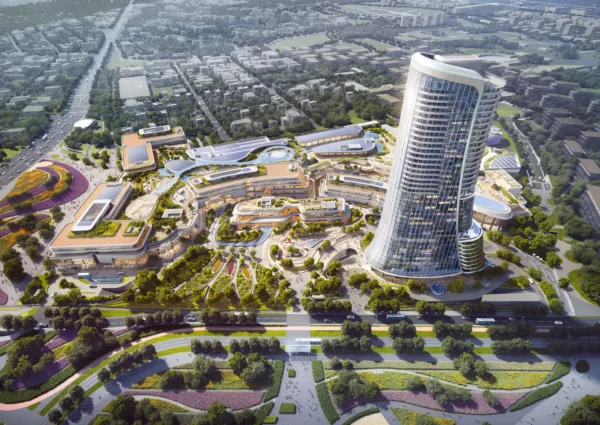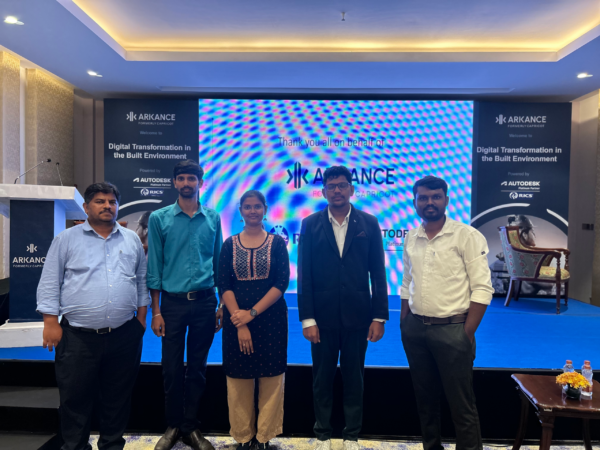
July 15, 2024 | Articles
Construction’s Digital Transformation & The Tools of Modern Project Management

Hill International was a main sponsor of the 2019 Retail & Hospitality Summit held on the 30th of September at the Oberoi Hotel, UAE. The summit proved to be a huge success. A panel of speakers discussed how the construction industry keeps pace with changing market trends in the Gulf Cooperation Council’s (GCC) retail and hospitality landscape. All participants agreed on the rapidly evolving needs of these sectors, including the expected rise of millennial travelers opting to stay at budget hotels as opposed to high-end luxury hotels. The consensus was that, because of this growth, the GCC market will witness an increased penetration of midmarket hotel segments and embrace Airbnb-type rental models.
Panel participants also discussed the impact that technology has on the industry, including the use of mobile applications, smart technology, and the internet of things (IoT). These technologies are revolutionizing the hospitality industry, with a multitude of information ranging from hotel amenities to reviews available to the consumer. Competitors are trying to differentiate themselves from each other to grab the customer’s mind and market share.
Hill International manages a multitude of iconic hospitality and retail projects across the Middle East region. Ahmed Salem, Hill International Senior Director and panel member, spoke about Hill’s experience in the retail and hospitality sectors. “Operation costs of the hospitality and retail assets are always on the higher side. They’re estimated to be five to seven times larger than construction costs through the asset lifetime,” Mr. Salem said. “With the prevailing trend of targeting the midmarket hotel and retail segment, it is prudent to have the retail and hospitality developments sustainable from the business perspective, which means effectively reducing the life cycle cost. Our approach in supporting our clients, other than reducing the construction hard costs, is to focus on operation cost. This can be achieved by involving FM consultants and operators at the early design stages who can provide operational lessons learned for consideration in the design.”
Share

July 15, 2024 | Articles
Construction’s Digital Transformation & The Tools of Modern Project Management

July 10, 2024 | Articles
GC/CM at Post Falls: Managing Avista’s North Channel Dam Rehabilitation Project
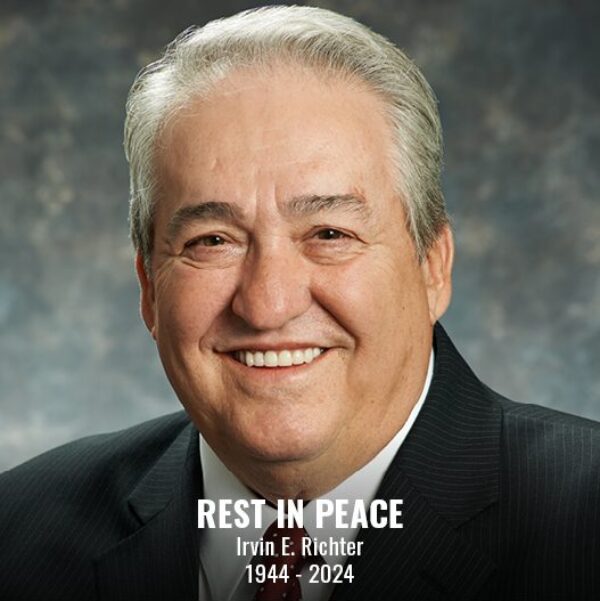
June 23, 2024 | Articles
Irv Richter – An Innovator, A Pioneer, A Leader (1944 – 2024)

June 14, 2024 | Articles
Environment of Care Standards – Meeting the Challenge (Part Two)

June 13, 2024 | Articles
PMO for Public Transit Project Success: The Reopening of Philadelphia’s Franklin Square Station

June 7, 2024 | Articles
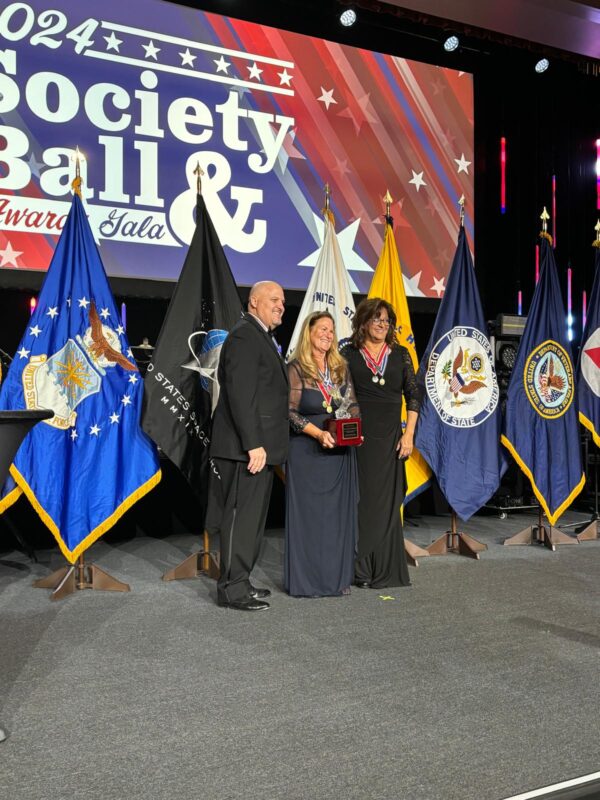
May 17, 2024 | Articles
Hill Interim Federal Market Sector Leader Jane Penny Receives Golden Eagle Award
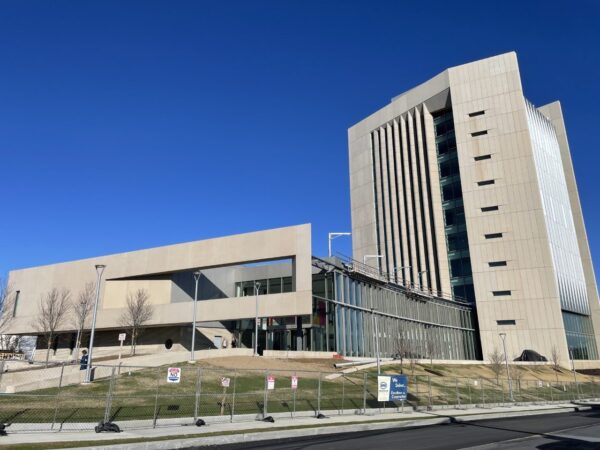
April 11, 2024 | Articles
A Model Move: Managing Move-In at the Sylvia H. Rambo U.S. Courthouse
We and use cookies and other tracking technologies to improve your experience on our website. We may store and/or access information on a device and process personal data, such as your IP address and browsing data, for personalised advertising and content, advertising and content measurement, audience research and services development. Additionally, we may utilize precise geolocation data and identification through device scanning.
Please note that your consent will be valid across all our subdomains. You can change or withdraw your consent at any time by clicking the “Consent Preferences” button at the bottom of your screen. We respect your choices and are committed to providing you with a transparent and secure browsing experience.
| Cookie | Duration | Description |
|---|---|---|
| cookielawinfo-checbox-analytics | 11 months | This cookie is set by GDPR Cookie Consent plugin. The cookie is used to store the user consent for the cookies in the category "Analytics". |
| cookielawinfo-checbox-functional | 11 months | The cookie is set by GDPR cookie consent to record the user consent for the cookies in the category "Functional". |
| cookielawinfo-checbox-others | 11 months | This cookie is set by GDPR Cookie Consent plugin. The cookie is used to store the user consent for the cookies in the category "Other. |
| cookielawinfo-checkbox-necessary | 11 months | This cookie is set by GDPR Cookie Consent plugin. The cookies is used to store the user consent for the cookies in the category "Necessary". |
| cookielawinfo-checkbox-performance | 11 months | This cookie is set by GDPR Cookie Consent plugin. The cookie is used to store the user consent for the cookies in the category "Performance". |
| viewed_cookie_policy | 11 months | The cookie is set by the GDPR Cookie Consent plugin and is used to store whether or not user has consented to the use of cookies. It does not store any personal data. |


